Do the people want a change is another moot question and should not be answered in the affirmative because individual leaders might want a change. Indian voters generally prefer a single party majority government at the centre. That is their idea of political stability-take it or leave it! Indians also love to have a macho personality for the top office; they place statesmanship and wisdom after that. On both counts NaMo seems to be safe. The anti-incumbency factor generally works at state level, rarely at the centre.
“Here we go round the prickly pear
Prickly pear prickly pear
Here we go round the prickly pear
At five o’clock in the morning.”
-T S Eliot (‘The Hollow Men’)
History repeats itself; we know. Yet very few know the full statement which continues- ‘first time as a tragedy; second time as a farce’. We also know that we learn from History that we don’t learn from History.
The famous lines of T S Eliot embodying a message in a nonsense-rhyme and above quotes about history stared at me when I read in the morning papers that Nitish Kumar (NK) has said that a united front of the Congress, the Left Parties and others is ‘samayaki maang.’ He added that should such a front materialize the BJP juggernaut could be contained with little difficulty.
Dear Nitish, we belong to the first generation of independent India; didn’t we say exactly the same some 50 years ago about a united front of all non-Congress Parties? Are you still living in the mad, mad heady 1970’s-which saw the gigantic rise and fall of Indira and her Congress-I? Didn’t she rout all opposition parties when they put up a joint front against her in 1971 and swept the assembly elections in '72 riding on the split of Pakistan and bold recognition of BanglaDesh? And defeated in 1975 by the law when the Allahabad court declared her 1971 election null and void didn't she gag all opposition within her party and outside by enforcing Internal Emergency and mutilating the Constitution?
Yes, the vote arithmetic did work in 1977 when Indira and her party were routed-(only) in north India but its success was short lived as by January '80 Indira was back at the helm. So, she entered with a bang, went out with another bang and returned with a deafening bang. The united opposition against her entered with a bang but went out without a whimper. Coming to the present times, the last decade saw NaMo enter with a bang, return with a louder bang while Congress-the backbone of the united front you visualize- continues to whimper and whine.
Dear Nitish, I am disappointed in you though I believe, as I said in this column recently, that you have a better profile than NaMo to run the country. Still I feel that you are putting the cart before the horse; I would like the united opposition as the natural end of a process of political realignment and not the beginning.
Just recall the situation of Jan ’77 when the Emergency was partly relaxed and general elections were announced. If Indira was overconfident the opposition was in a shambles and dazed as they were caught unawares and some of them were suddenly set free. Call it their majburi or put up sang froid, they knew that they had to hang together to avoid being hanged separately. Indira believed, in her megalomania, that voters would endorse the Emergency since she did not expect the opposition to unite. The opposition’s hurried amalgamation came as a rude shock to her but there was no way she could turn back; now she was dazed and stunned. The last-minute desertion of JagJivan Ram and Shahi Imam’s fatawah to vote against Congress-I turned the tide decisively in the north and a mock-revolution was enacted in the world’s largest but juvenile democracy.
The only similarity between the 1970’s and the present is that like the then Cong-I, the BJP is a one man show. There is no challenge to NaMo inside BJP or outside it. The opposition is emaciated beyond belief, as was evident in elections to President and vice-President. The Congress which will be the main national party in the proposed united front is rudderless and caught in internal turmoil. The Rajasthan wrangle is only the tip of the iceberg of internal rivalries and factionalism and sure to repeat in other states. While Rahul Gandhi is trying ‘Bharat Jodo’ his partymen are busy with ‘Congress Todo’ as the party’s trump minority card-Ghulam Nabi Azad- has set up his own party.
If the Congress cannot be the backbone of a united front against BJP, which regional (party) leader can play that role? The present answer is none. AAP is too young, SP is nursing its own wounds, the UJD and RJD combine is mostly a marriage short-term of convenience. TMC is a short version of BJP in that it is a one woman show. Regional parties like NCP, TRS, DMK have little appeal outside their respective states. The Left parties further confound the situation because they stand against both Cong and TMC in Bengal and against Cong and other regional parties elsewhere. At best, NK’s present appeal can set up some early understanding on seat sharing. But that too won’t be easy and smooth because of the present strategy of the BJP: take any, take (as) many (as possible). The moment someone’s aspirations are negated in seat sharing they will join the BJP band wagon. It is true that this will leave BJP with political garbage all over the country but that will be their headache.
Is the Congress, the only national party in a possible united anti-BJP front, equipped and experienced in playing the ‘Big Brother’, is a million-dollar question. For one thing, Congress has little experience of this. Indira survived the late 1960’s with the support of Socialists and the Left but put them in their place in '71. She also played the villain in bringing down Charan Singh and Chavan in ’79. Rajeev did the same with Chandra Sekhar in '91. Only Narsimha Rao successfully ran a coalition but lost face in doing so. The two terms of power at center under joint leadership of Soniya and Manmohan only helped the Congress dig its own grave as it was held responsible for scam after scam. Its internal dilemmas precipitated its downslide and reduced it to a poor number two party in Parliament. Congress needs either a Rao or a Vajpayee to fulfill NK’s ‘samayaki maang’. Congress has no one with their skill, experience and stature. It perhaps still has a large share of votes nationally but no national leader. As against this the BJP is tremendously experienced in successful coalition politics and has generally emerged stronger. It was targeted by all till very recently and knows how to weather embarrassments and humiliation to perfection and play second fiddle in states: Maharashtra is a fresh example.
Moreover, NK’s appeal is likely to be taken by regional parties and leaders more as a desperate attempt at offering himself for the top job in the country. Will the likes of Pawar (his talk of playing catalyst will fool no one), Mamata (poor man/woman’s Indira), K C Rao, Kejariwal (champions of hum bhi kuch kam nahin) accept him with his ‘sleeping with the enemy’ till yesterday? These are no saints and would rather build personal agenda by riding on his back.
Dear Readers, you must be perplexed that I did not mention the Jay Prakash Narayan factor till now. I had kept him last as the most unique element in the turmoil of the 1970’s. It was JP who raised the war cry against ‘corruption in high places’ by taking on Indira and Congress-I first in Bihar and subsequently all over the country. He revived, after Gandhi, the notion that there was a moral side to politics and that was nowhere evident in the then stratagems of Indira. JP created a feeling for a short while that to side with him was to stand on a high moral ground. He also showed that India still had a ‘Saint Politician’ who was in politics for no personal gain but to strengthen the moral fiber of Indian society. Anti-Congressism was propounded by Lohiya but worked because JP gave it a moral dimension. He created the national mood that Indira and her party needed to be taught a chastising lesson at the polls.
Suffice it to say that there is no one to play that role in uniting all non-BJP parties.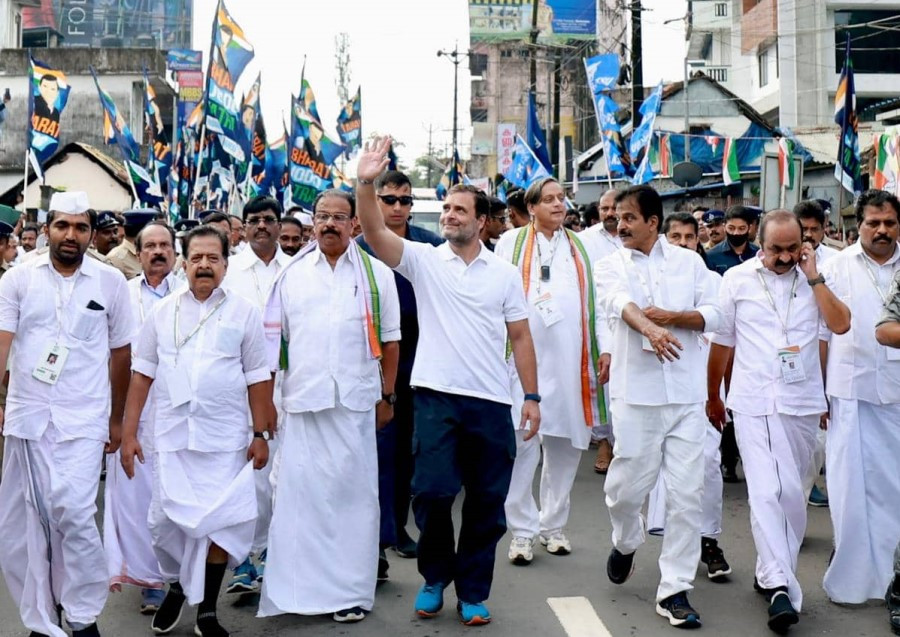
Do the people want a change is another moot question and should not be answered in the affirmative because individual leaders might want a change. Indian voters generally prefer a single party majority government at the centre. That is their idea of political stability-take it or leave it! Indians also love to have a macho personality for the top office; they place statesmanship and wisdom after that. On both counts NaMo seems to be safe. The anti-incumbency factor generally works at state level, rarely at the centre. Indian voters vote on the mood that gets created once the elections are announced and generally overlook the mistakes of the incumbent government/leader. So recounting the blunders of NaMo and Co will serve little purpose. They will use it to their advantage by pleading for another turn to rectify their mistakes or hold the opposition responsible for their destabilizing tactics.
Secularism is the last big issue and the present PM and government can be cornered on that. The communal divide is widening, intolerance is rising dangerously and the BJP and their cadres are either openly stoking the fire or turning a blind eye. Solutions to Talaq, Kashmir and Ram temple appear rational and progressive but have helped the communal polarization by placing smugly happy Hindu majority on one hand the insecurity ridden Muslims (I never treat them as minority) on the other.
A national mood, if at all, could be created by raising the issues of growing communalism and intolerance like JP did against corruption, dowry and caste. This dialogue will have to be conducted mainly with the Hindus. Hindus will have to be made aware that all BJP policies might have seemed right in the short term, but they are anti-democratic and anti-culture in the long run. No society can live happily by setting sections of its own people against one another, Indians will have to be warned.
It goes without saying that the possible united front of non-BJP parties will need something more than vote arithmetic. Its constituents will have to have proven secular credentials and at least a few leaders who will appear to be above power politics in the eyes of the people.
It is said that there is always enough room at the top; here the top seems totally empty!
- Vinay Hardikar
vinay.freedom@gmail.com
(The writer has been working in the public sphere of Maharashtra for the last five decades. His versatile personality has several dimensions, but the primary ones remain to be that of an established writer, journalist, editor, critic, activist, and teacher.)
Tags: Politics BJP Congress State Politics Narendra Modi Rahul Gandhi Load More Tags

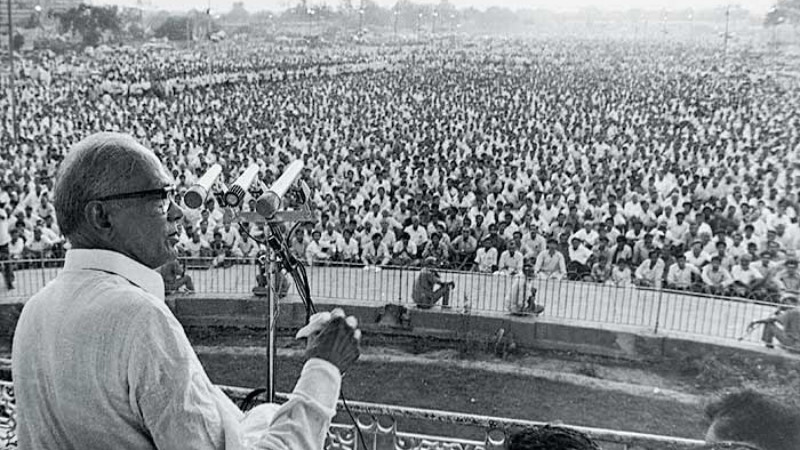
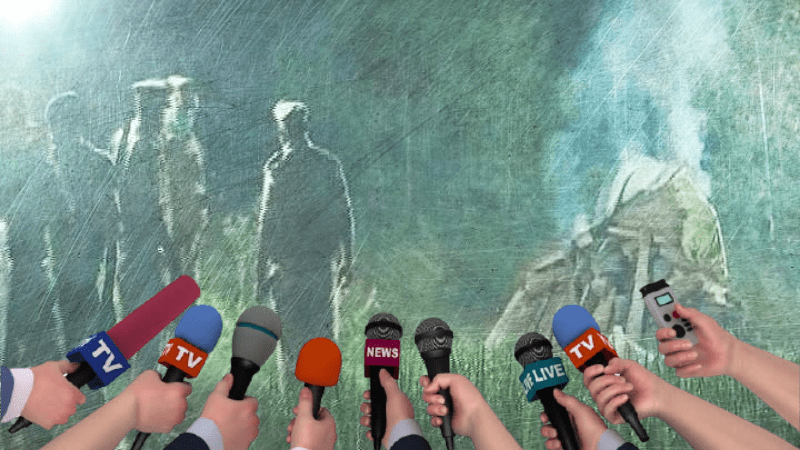
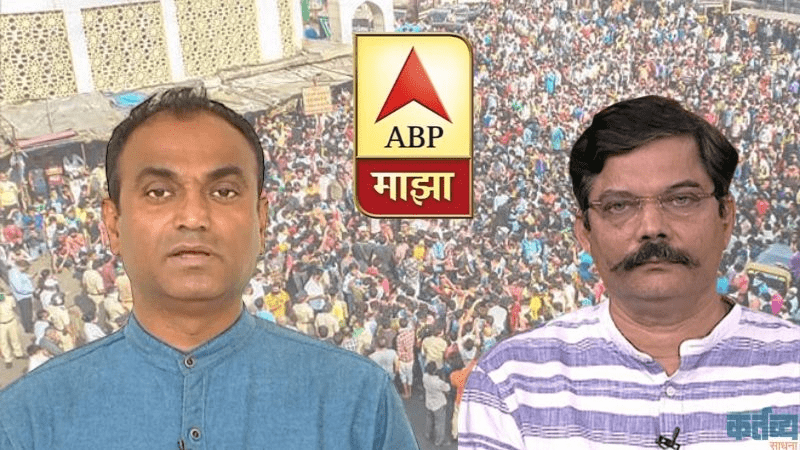
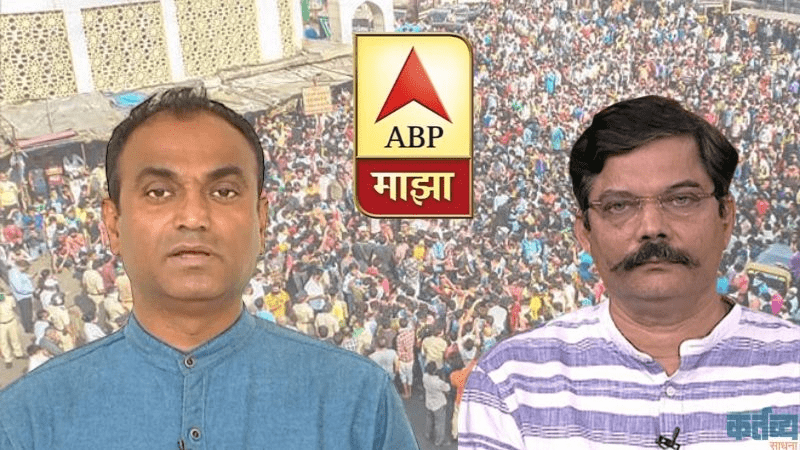
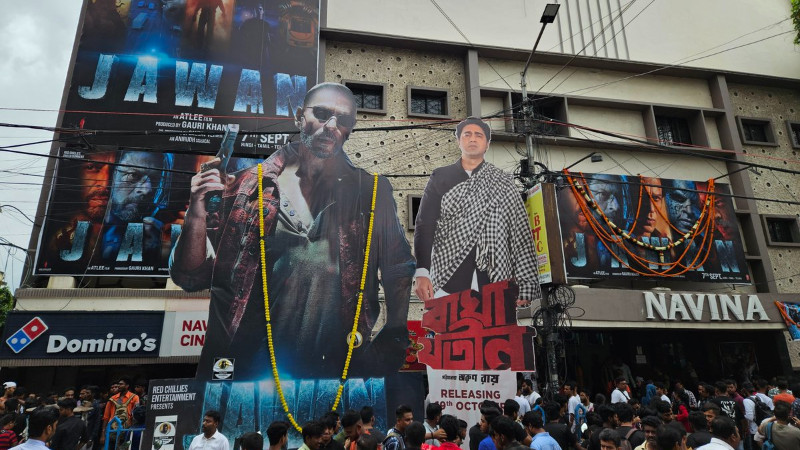
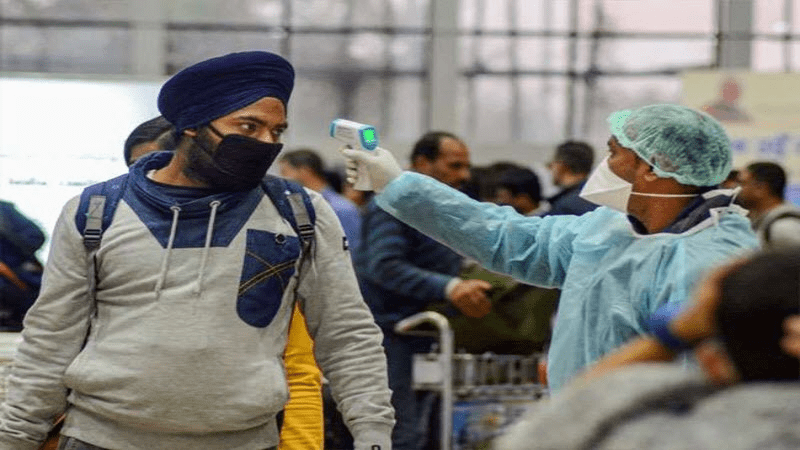
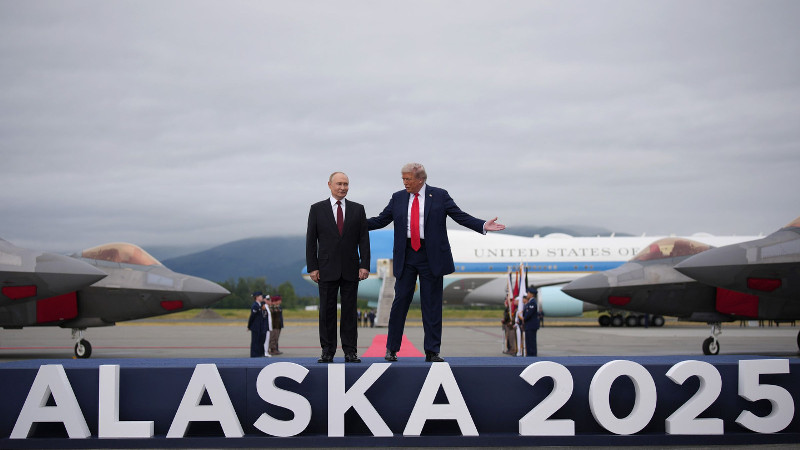

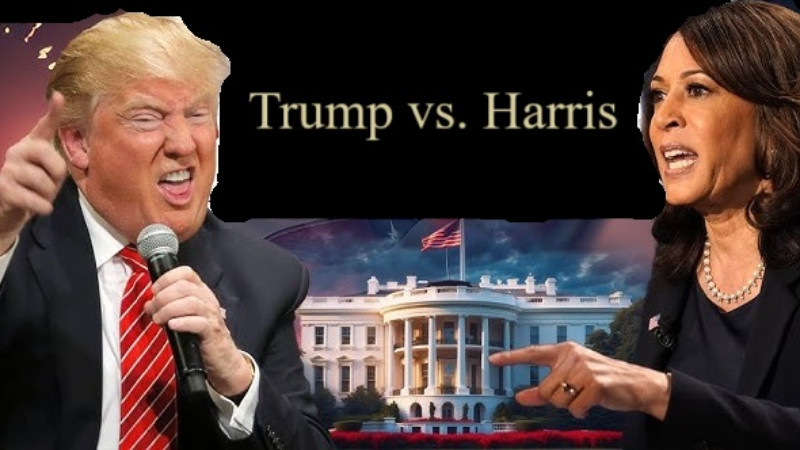

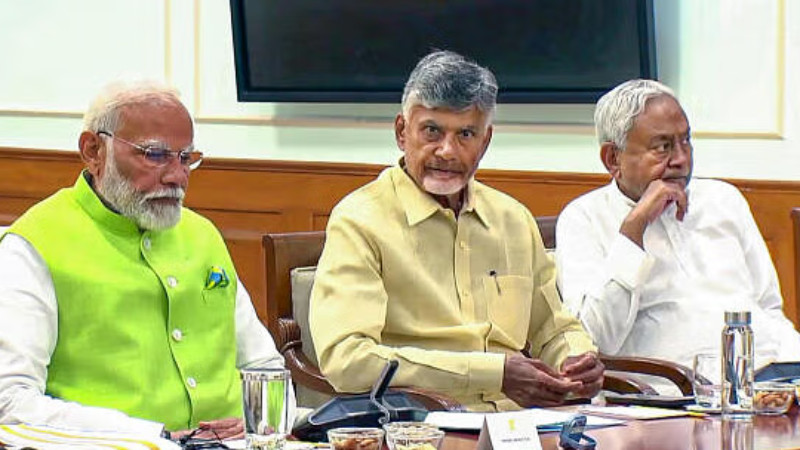
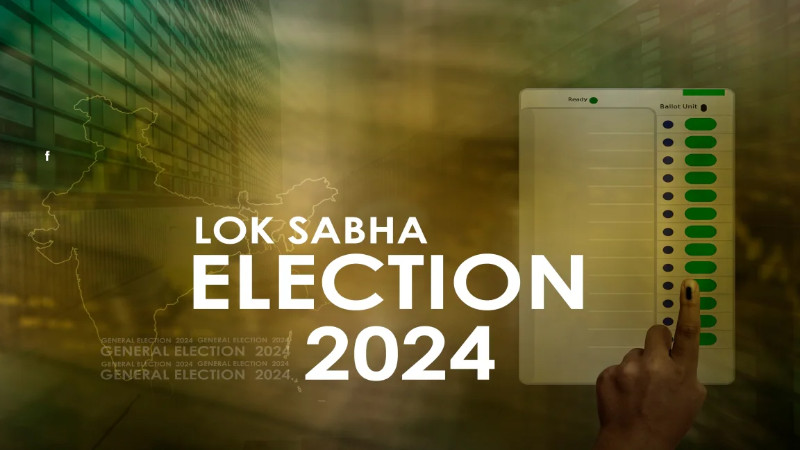
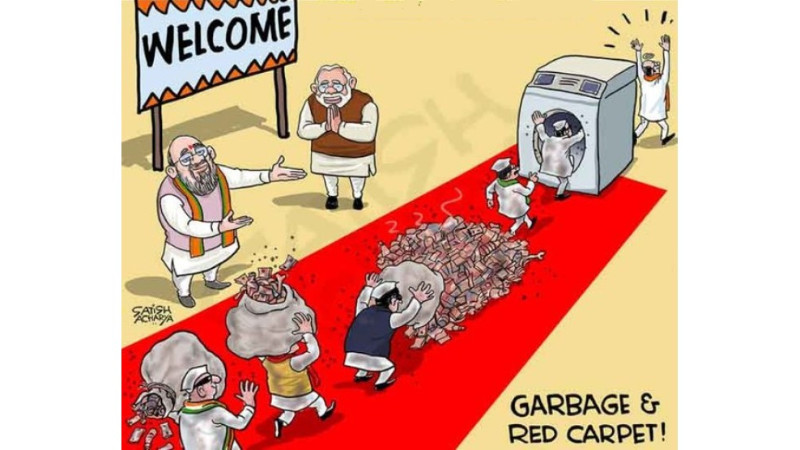
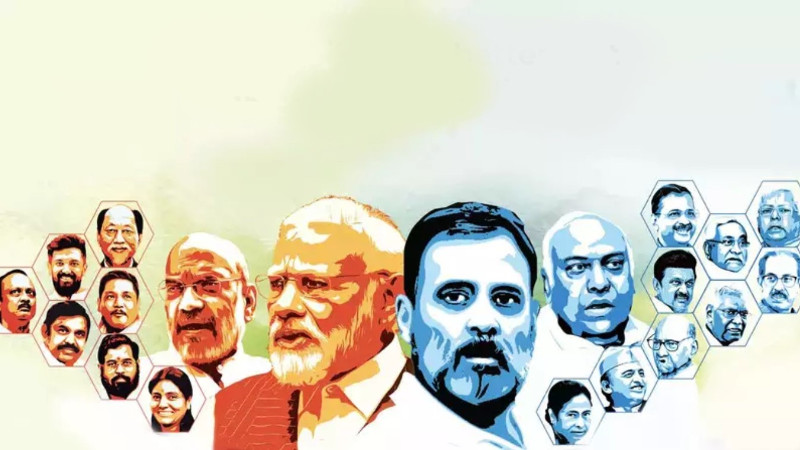
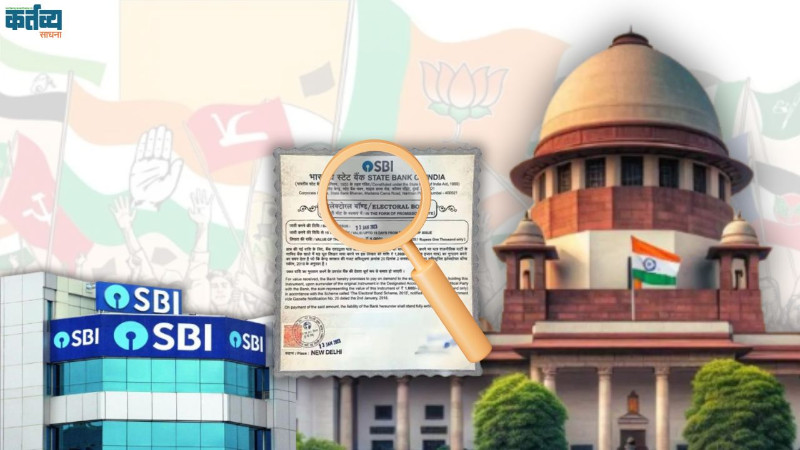
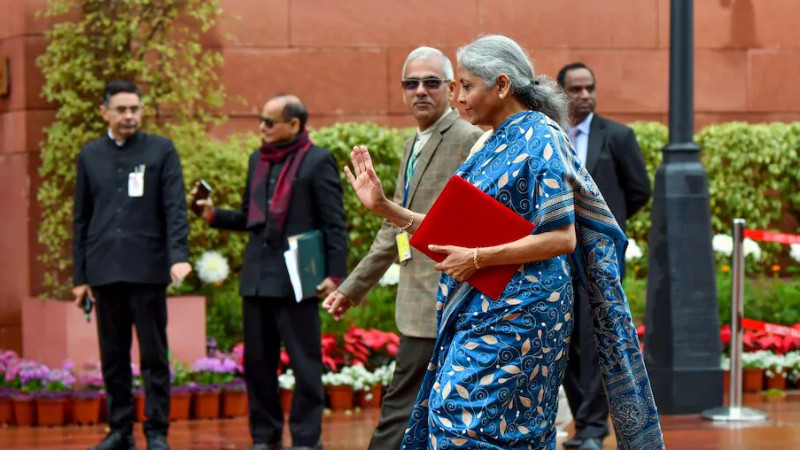
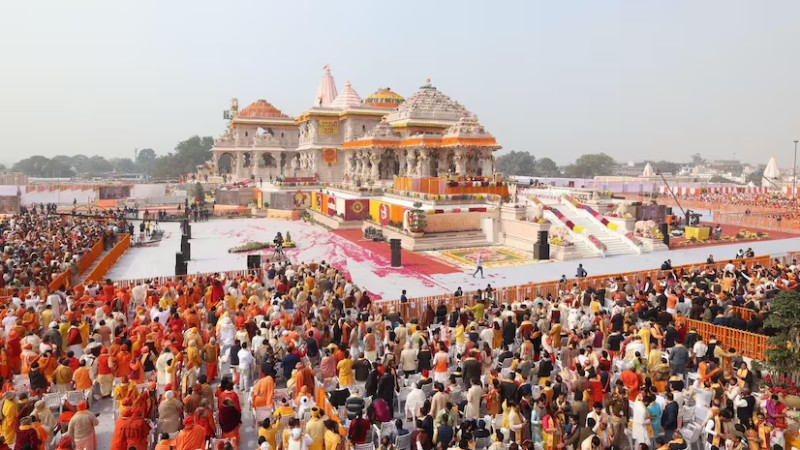
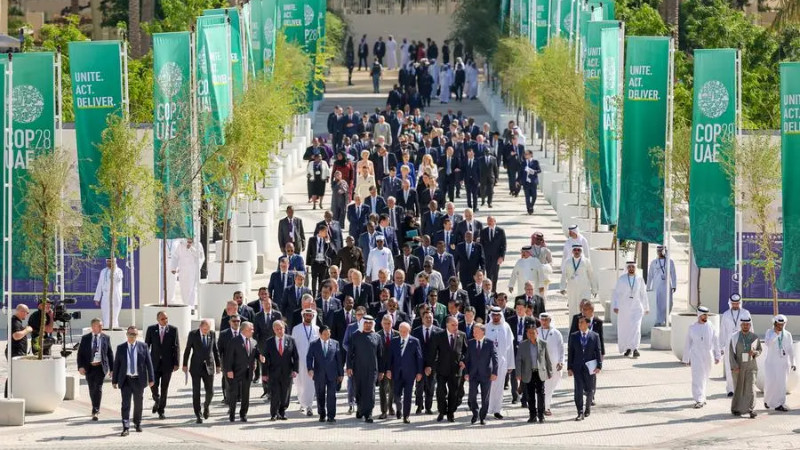
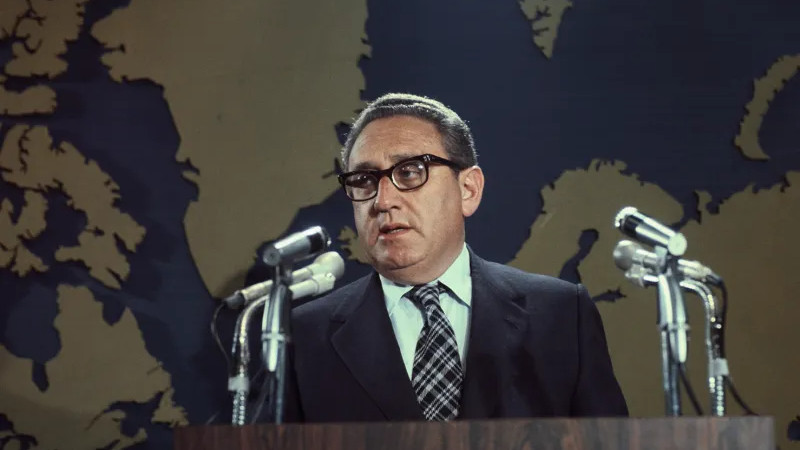
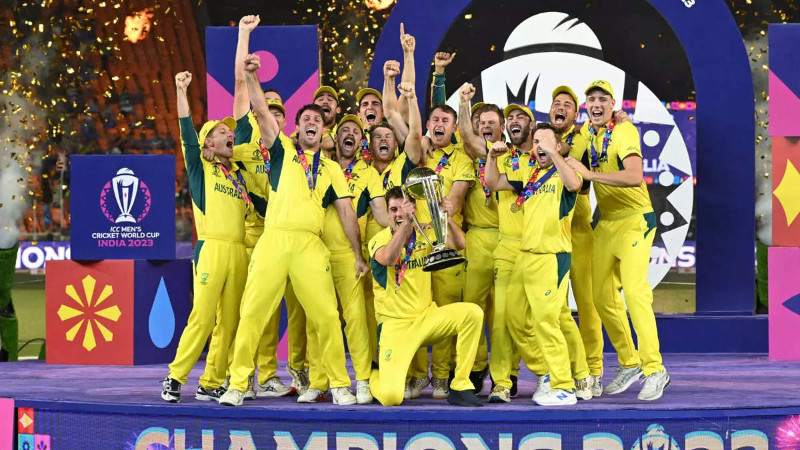
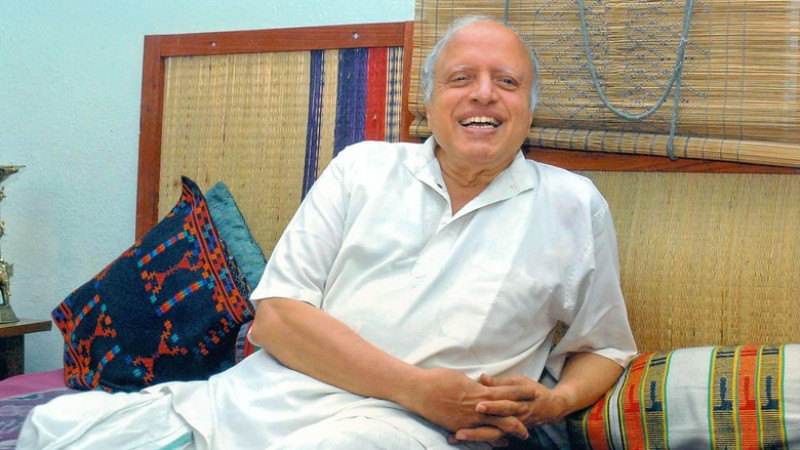
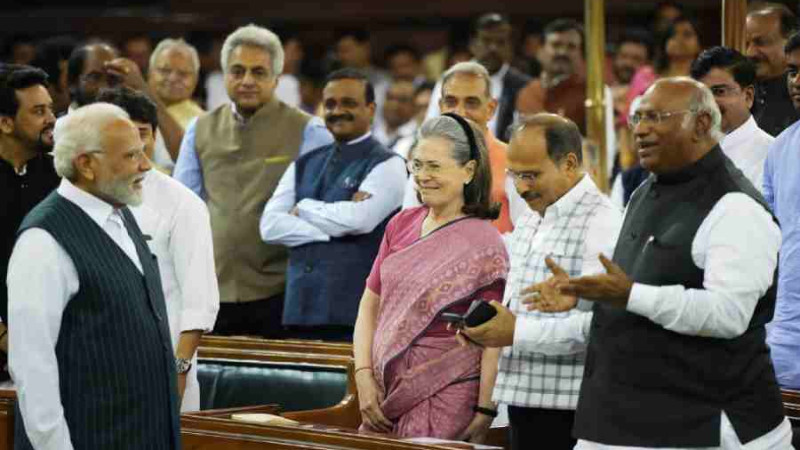
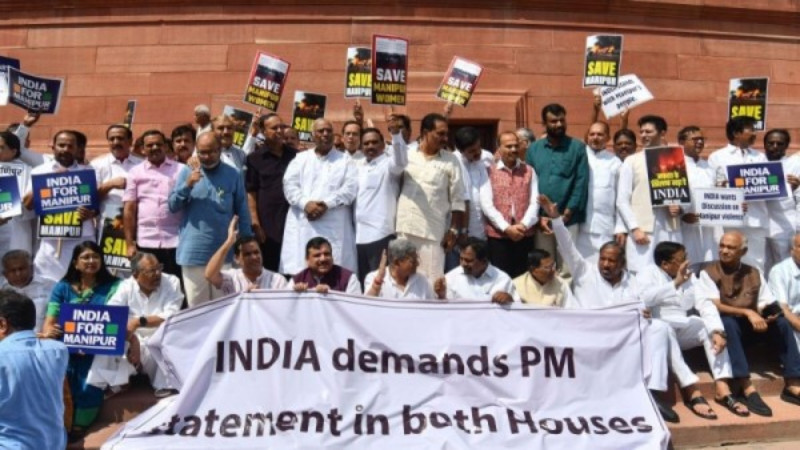
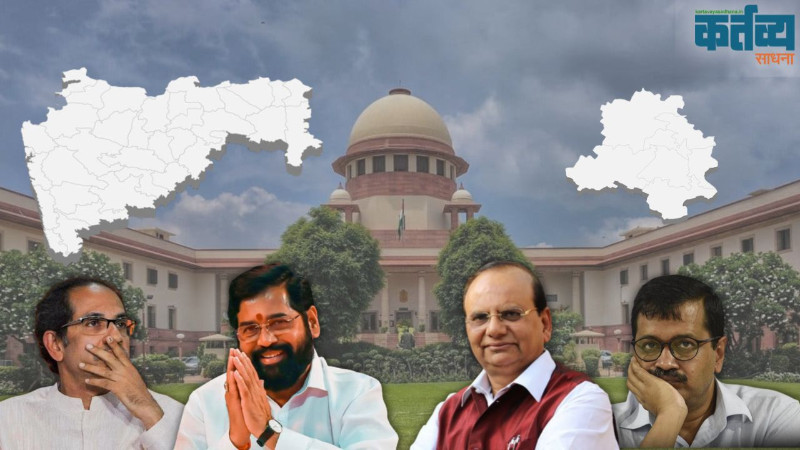
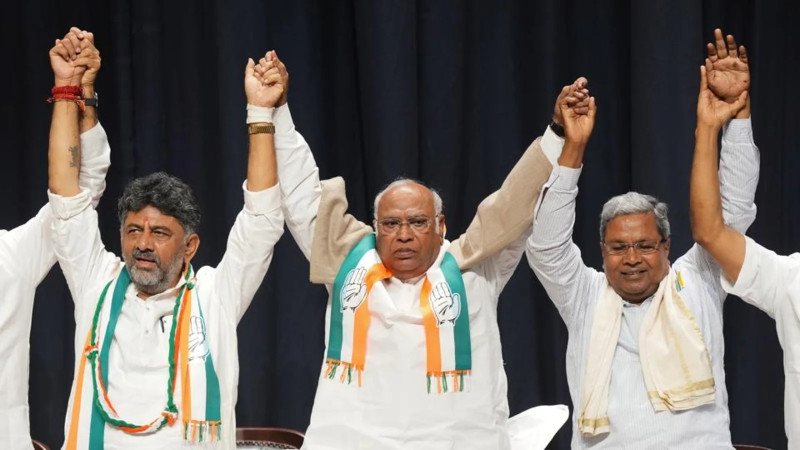
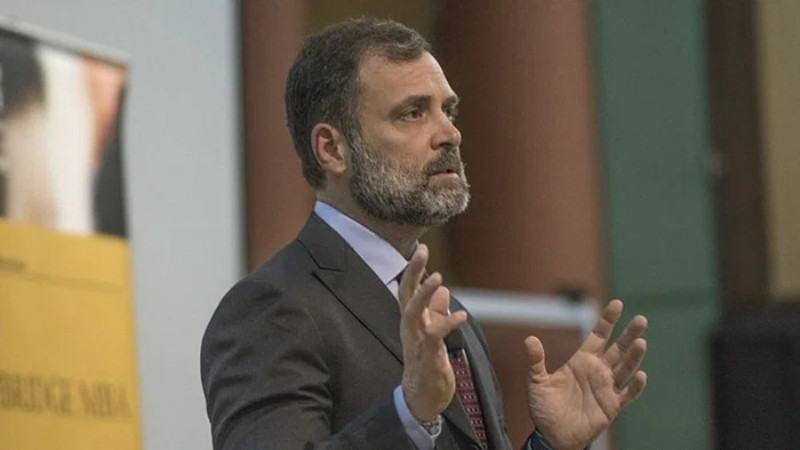
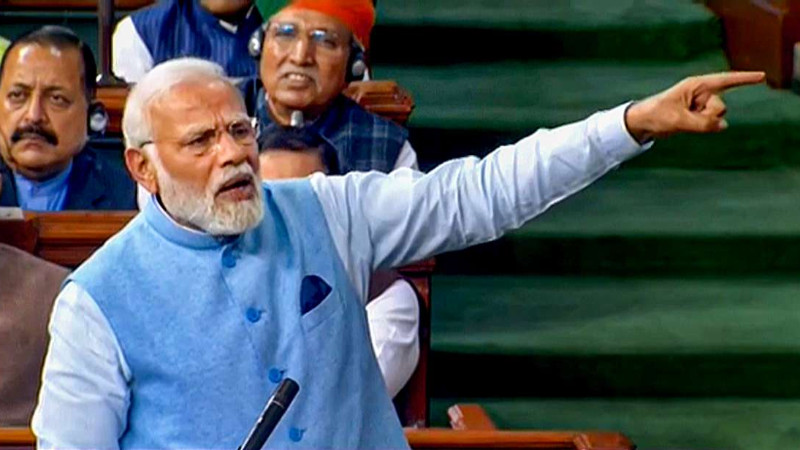
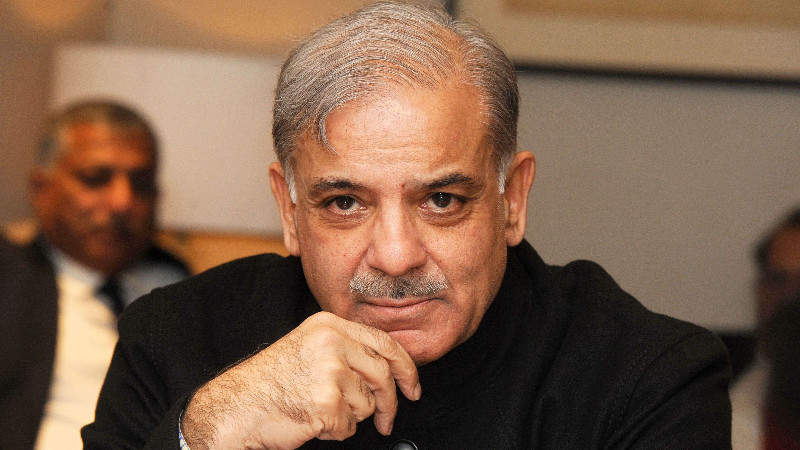
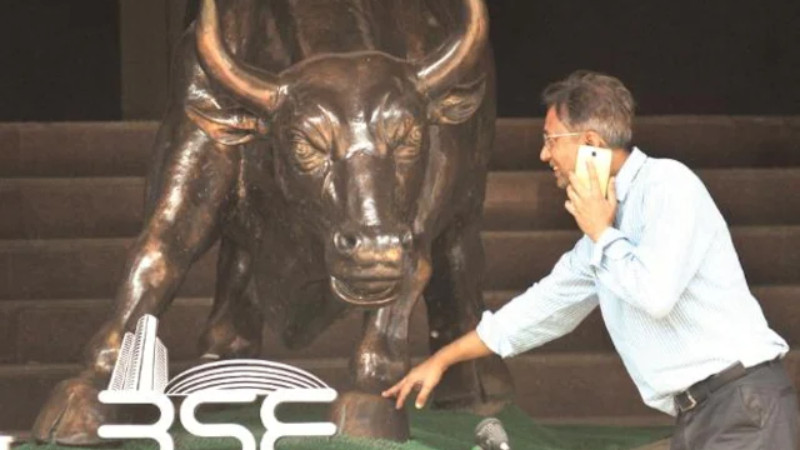
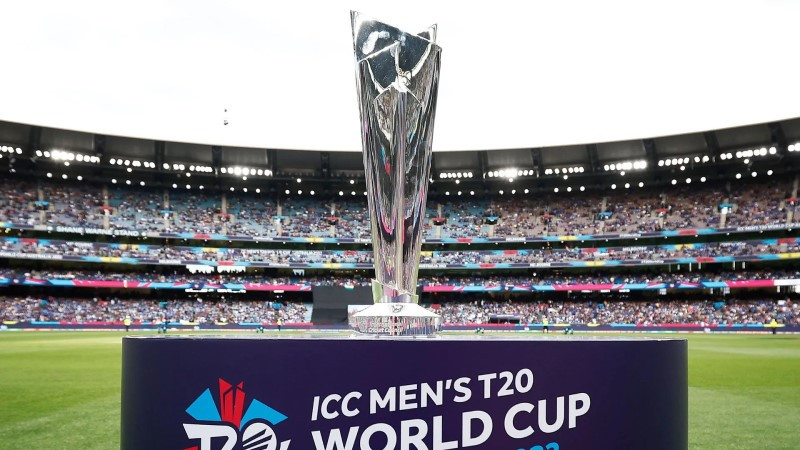
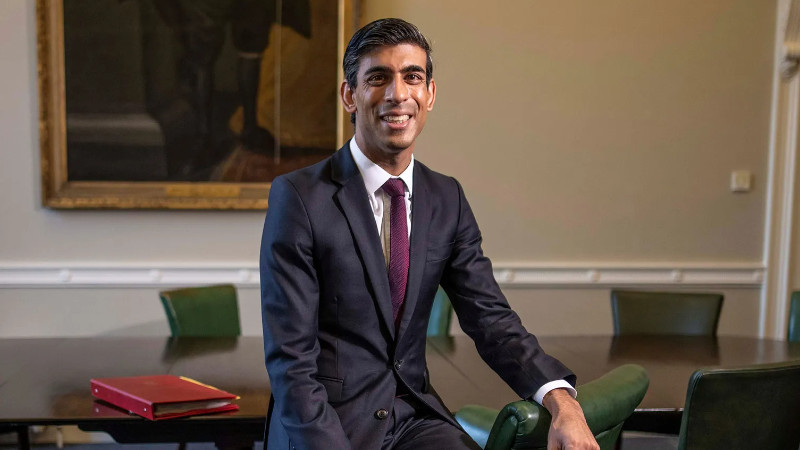
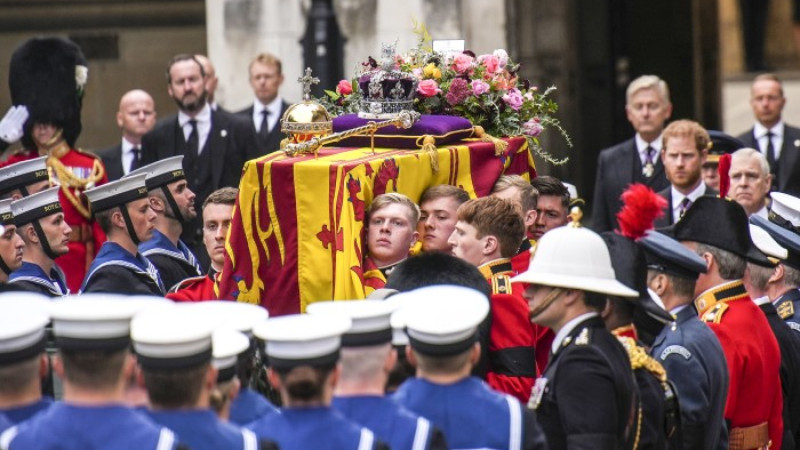
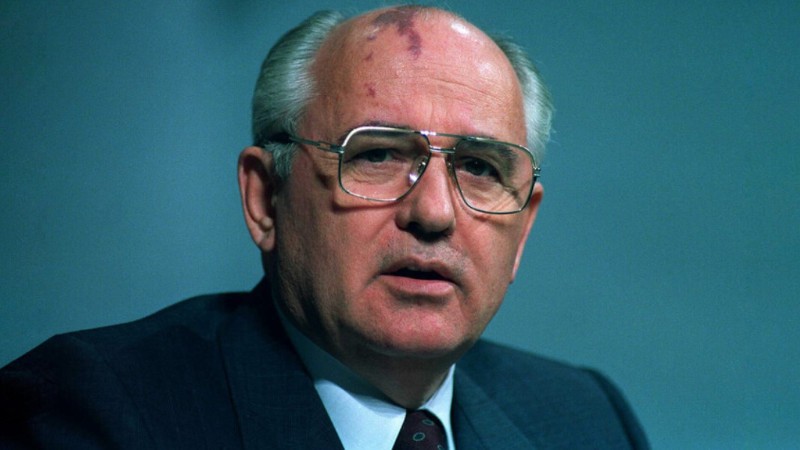
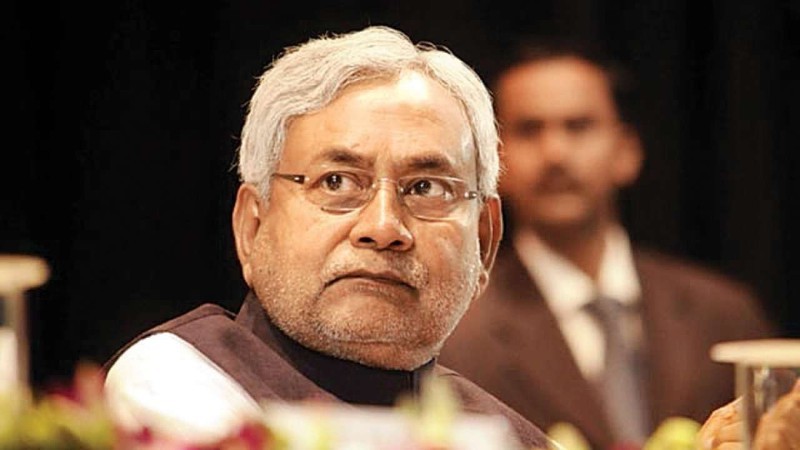
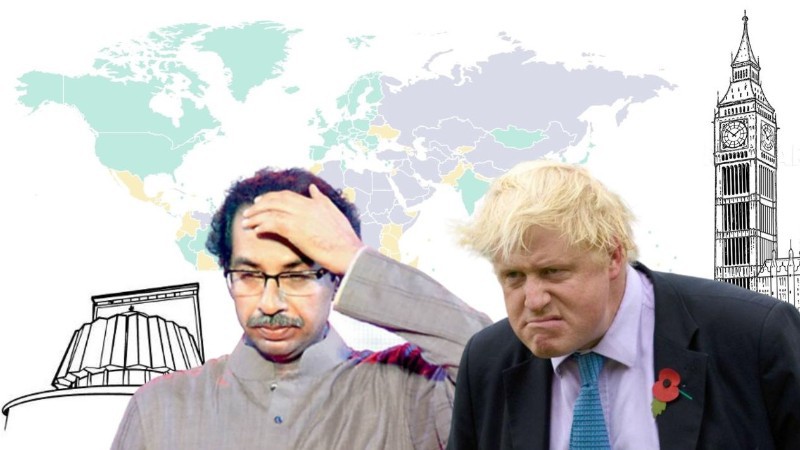

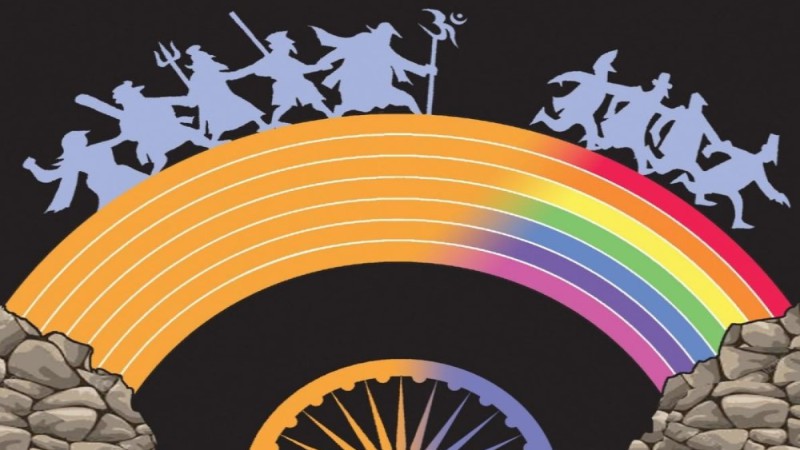
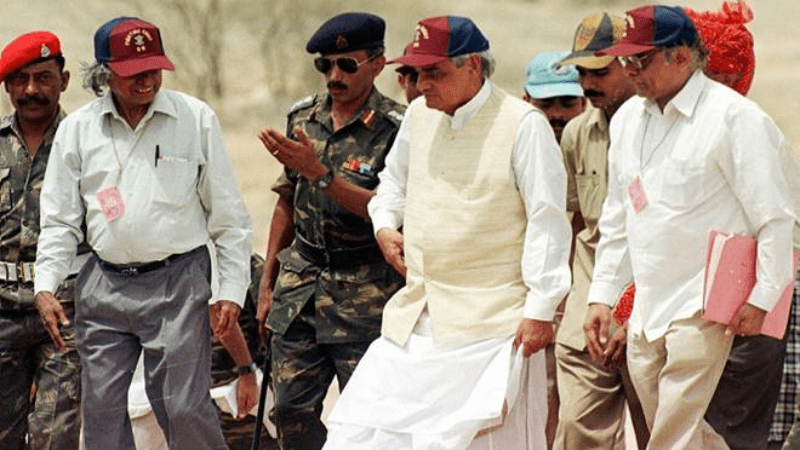
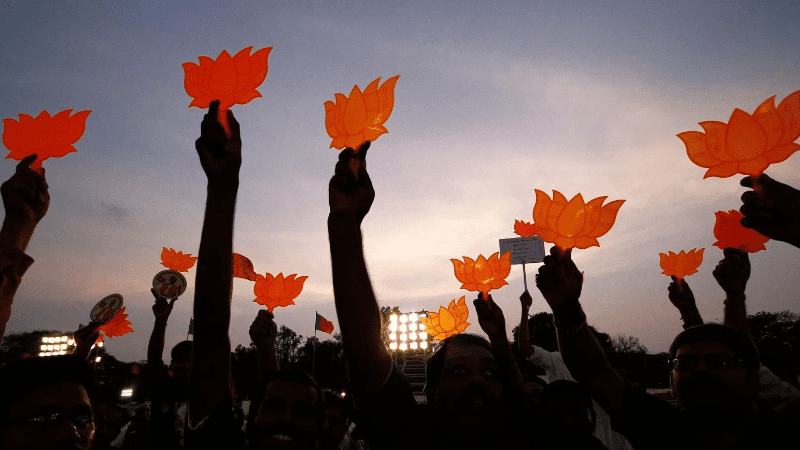
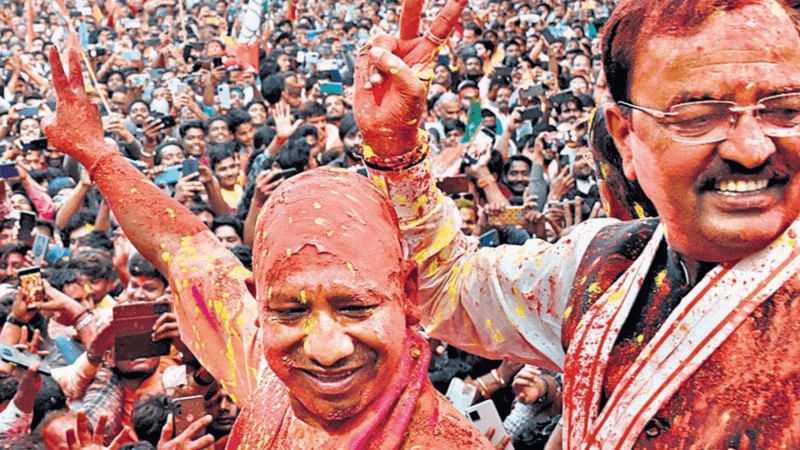
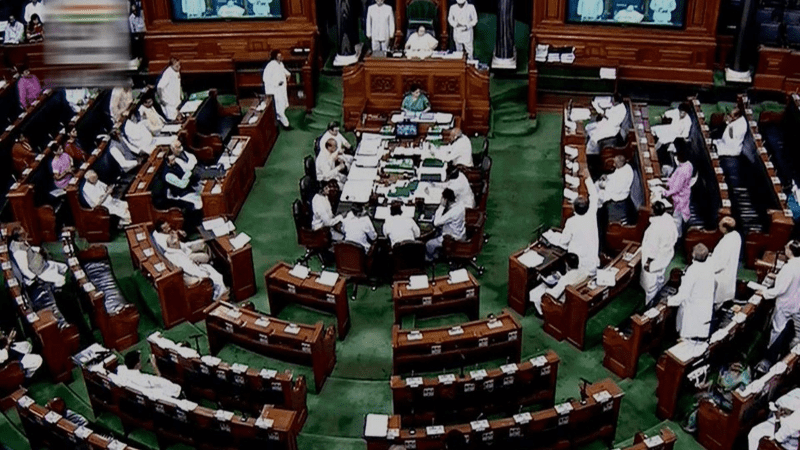
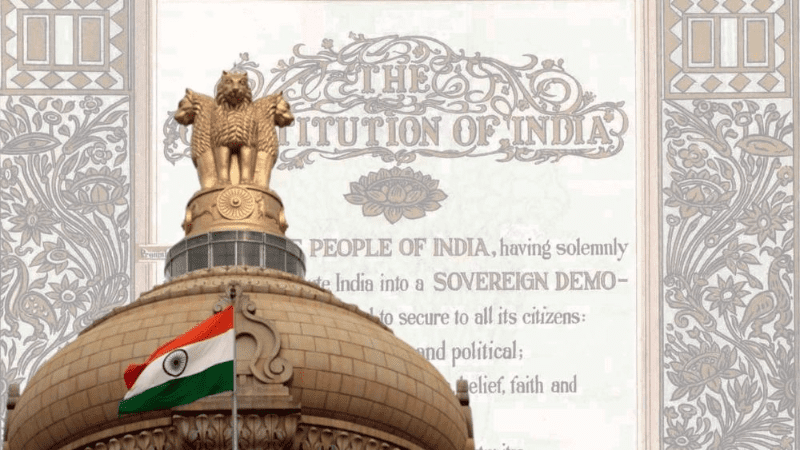
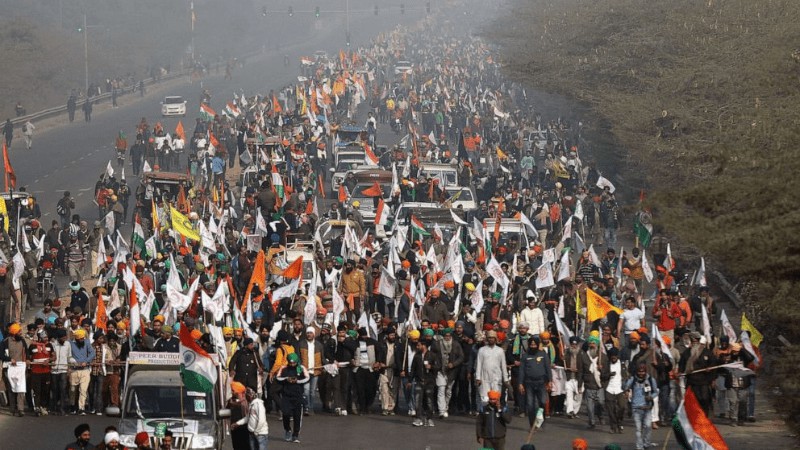
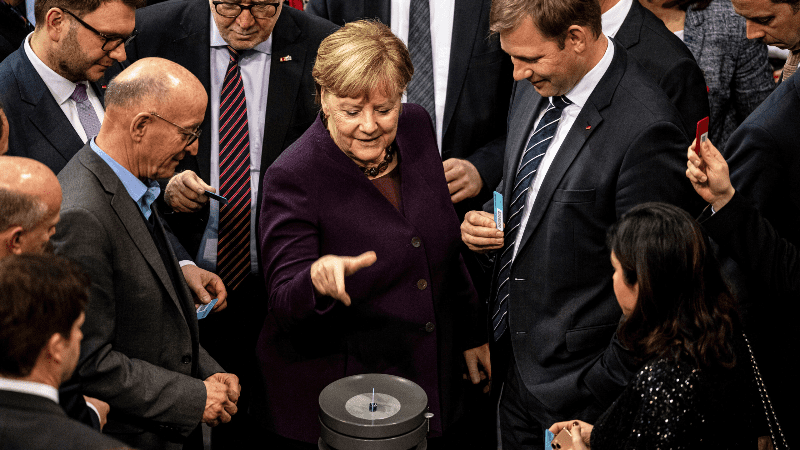
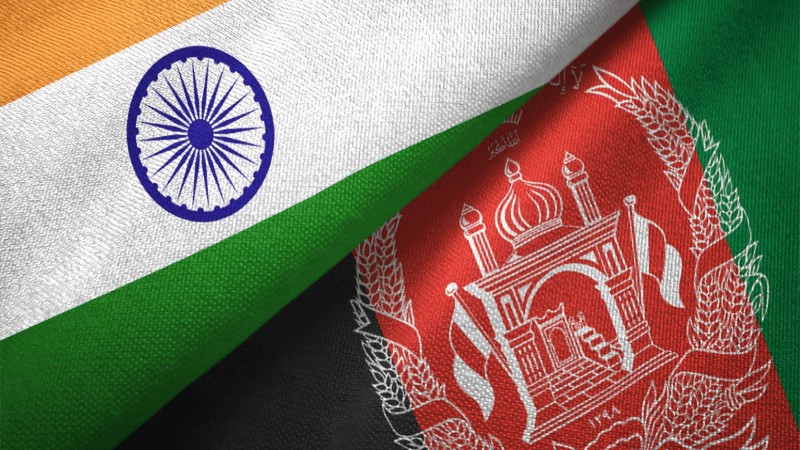
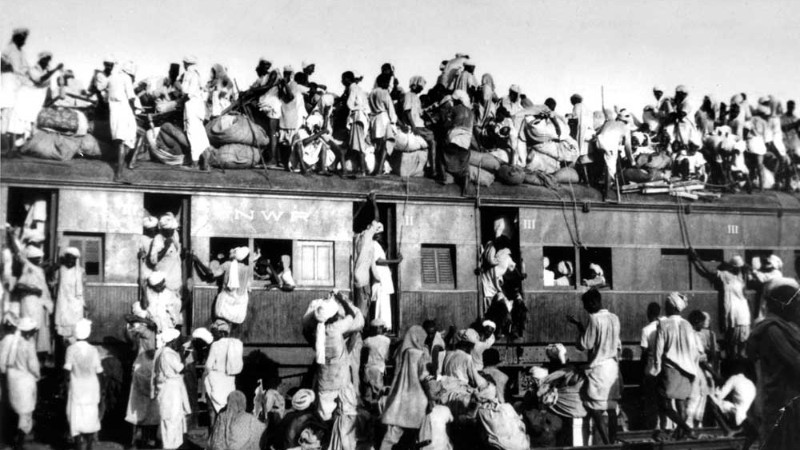
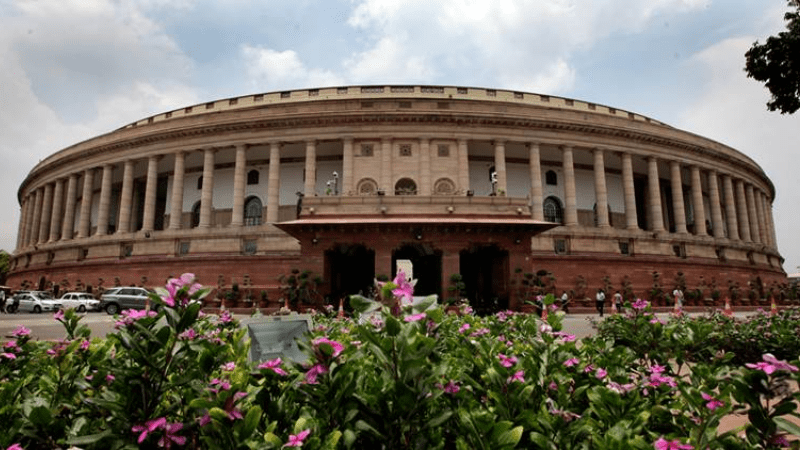
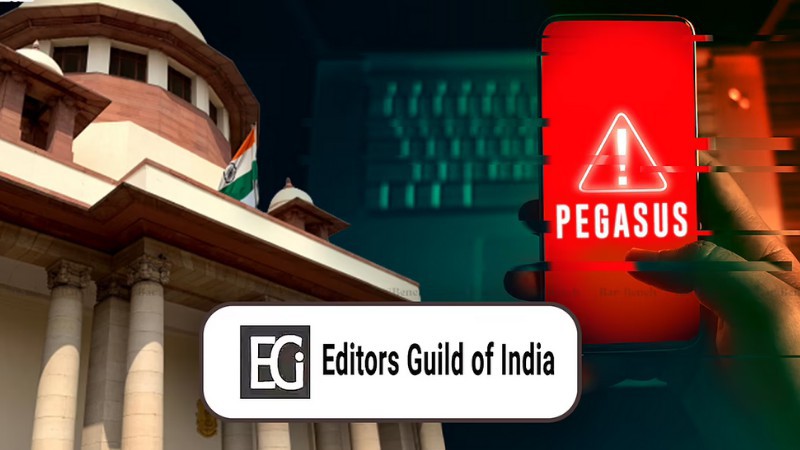
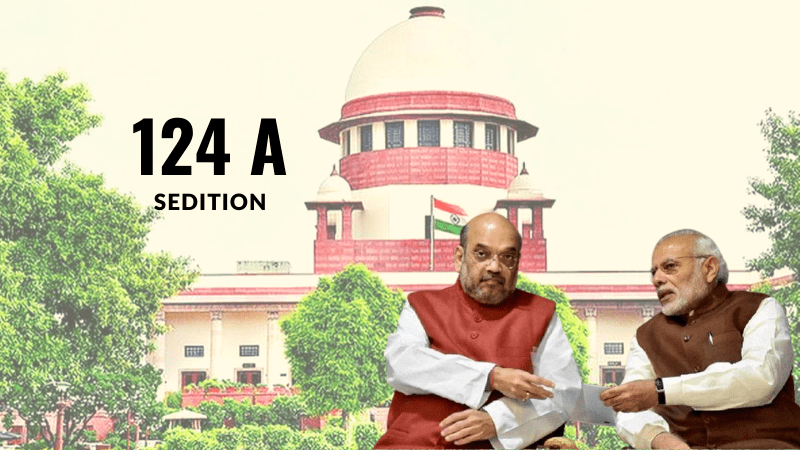

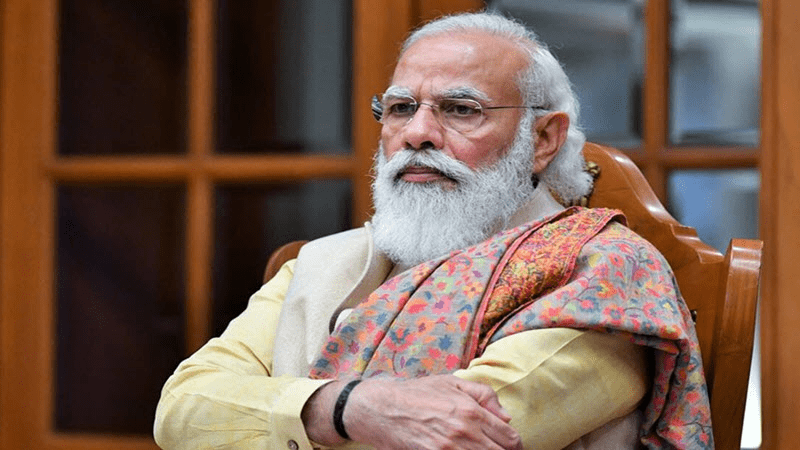
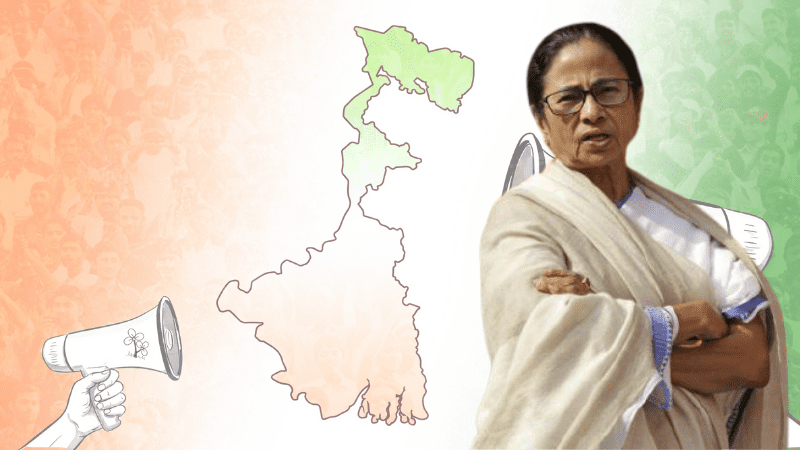
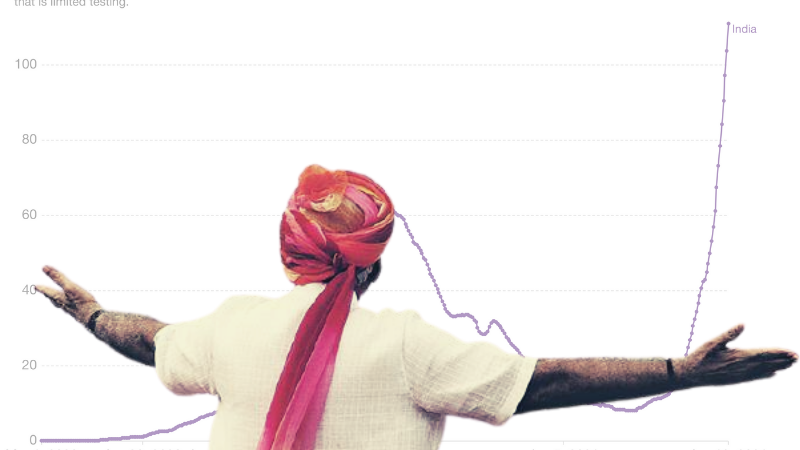

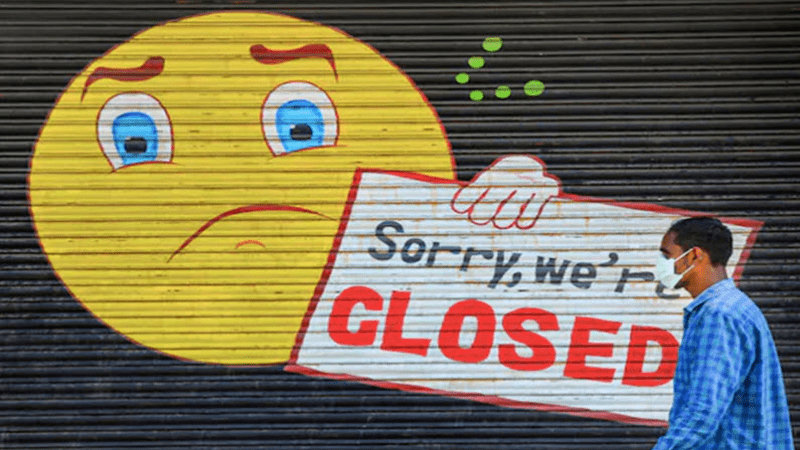


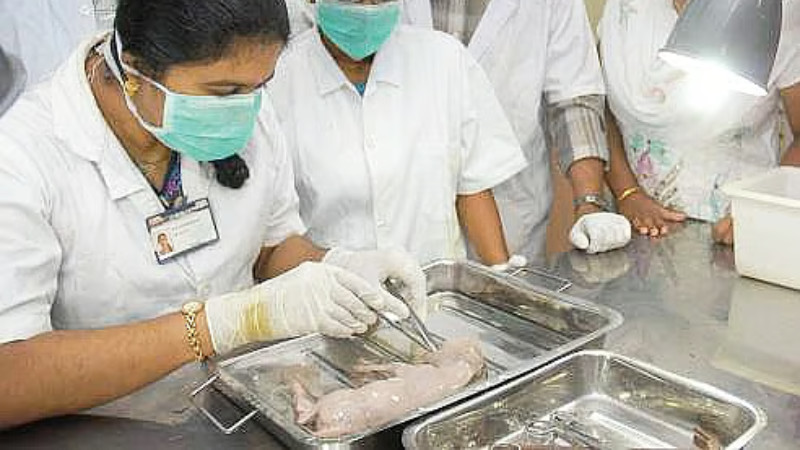
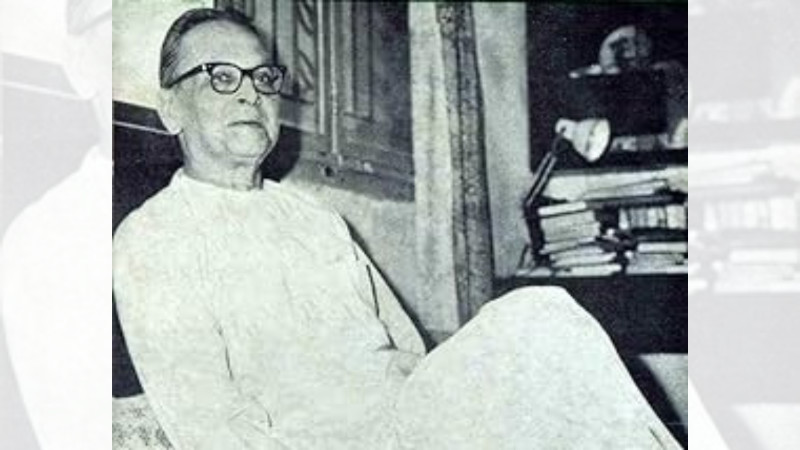
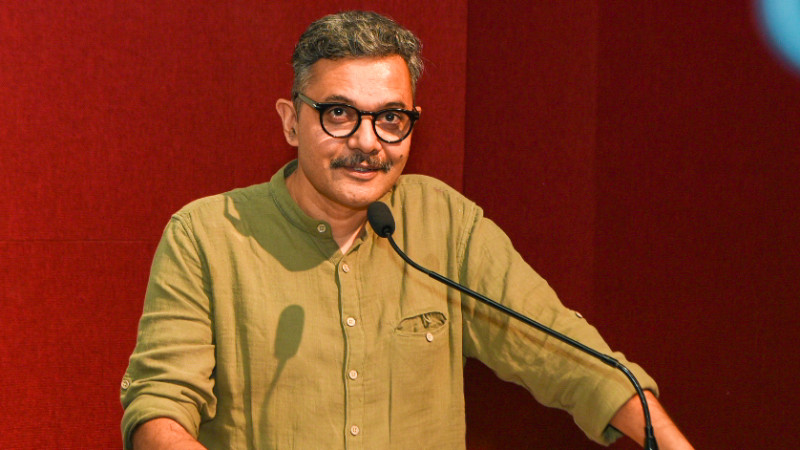
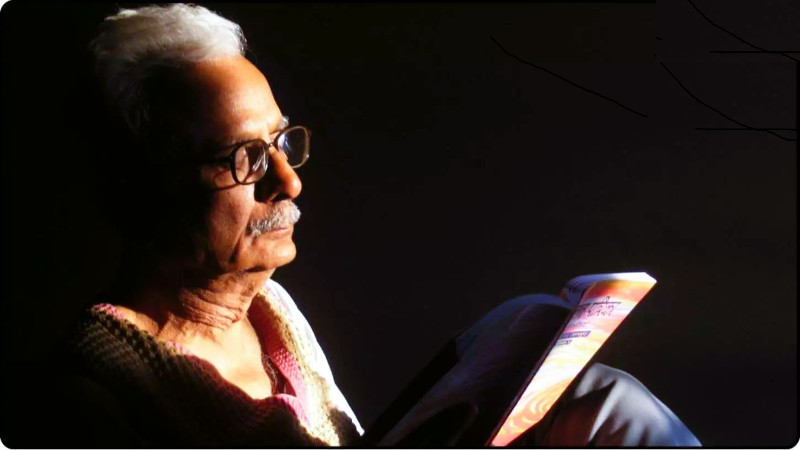
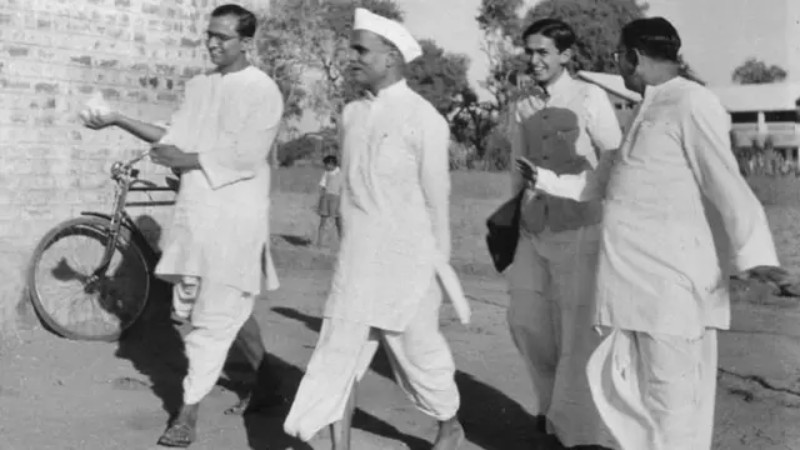
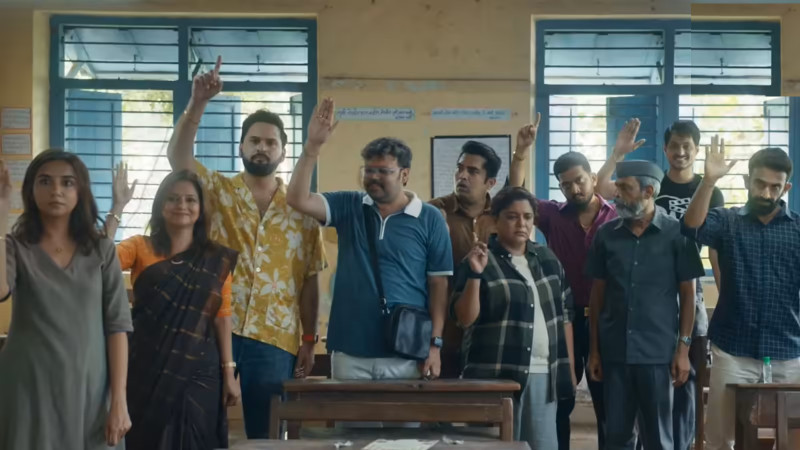
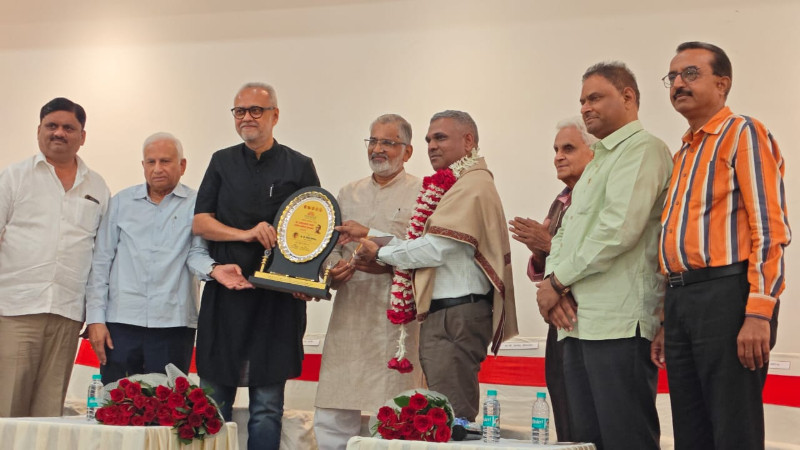
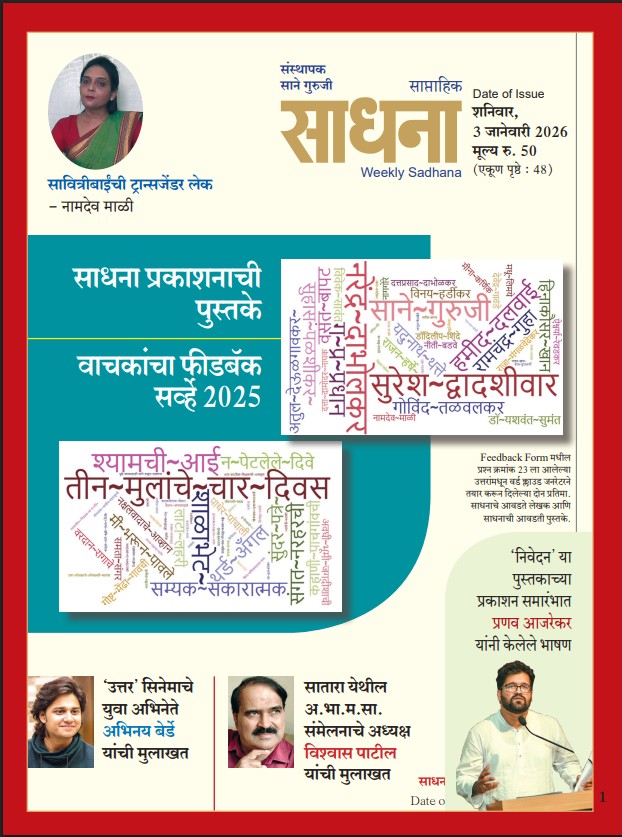













Add Comment